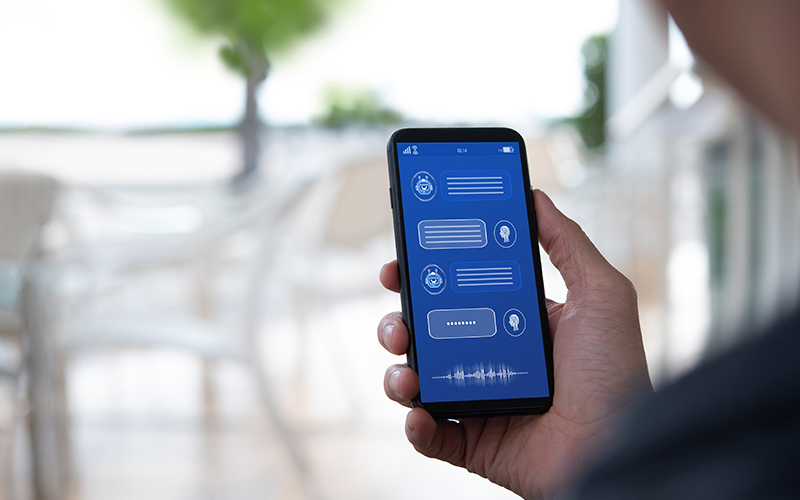Business Transformation
Is real-time medical claims adjudication a possibility today?
What is adjudication?
Before wondering about the prospect of real-time adjudication of medical claims, it is necessary to understand what the term “adjudication” means in health insurance. Claims adjudication refers to the process of settling or denying a claim received by an insurance company. It may sound simple; however, the catch is that the process of adjudication can be quite complicated.
An administrative burden
A medical claim begins at the hospital submitting the claim. Once the insurance company receives it, the process of adjudication starts. Verifying authenticity, making sure all the details required for processing are there, reviewing and analysing the documents submitted, determining whether benefits are allowed for the submitted services and, finally, coming to a decision (pay or deny) can be a long-drawn and expensive process.
The cycle can be tangled, the process is painstaking, the wait is long (a few weeks, sometimes months) for the insurer, the collection effort for the clinic/hospital is usually expensive, and, to top it all, the expense of resubmitted claims that the insurance company must bear is high.
“Claims inefficiency is an immense problem,” says David Cutler, a professor of applied economics at Harvard’s Kennedy School of Public Health. “We spend more on administrative costs than we do on heart disease and cancer; claims adjudication is the biggest part of the expense.”
Is there a more efficient way to handle this? Can the process be made less time-consuming and more cost-effective? Can claims be auto adjudicated in real-time (at the time a patient checks out)?
Real-time claims adjudication (RTCA)
Discussions around real-time claims adjudication has been around for nearly two decades now, and although the road ahead is long, industry experts say the idea is definitely gaining momentum. With artificial intelligence and machine learning flourishing today, it looks like RTCA could have a bright future.
It is encouraging to note that almost all pharmacy claims are adjudicated in real-time. How did the pharmacies and payers adapt to the change?
Some savvier medical establishments too have already started to engage in real-time claim adjudication, making them very agile and hyper-productive.* As far back as 2000, RealMed Corp., an Indianapolis-based company, started adjudicating and resolving claims in real-time, so as to provide end-to-end resolution of claims at the point of service. The system, at that time, was used primarily in outpatient environments.
As it happens, over 60 per cent of the medical claims are already auto-adjudicated, though not in real-time yet. Is it possible to make the shift to real-time? Given the advances in big data analytics and processing power, the answer is yes. What about the remaining 40 per cent?
The hold-up
Changing regulation and compliance needs:
Sticking with legacy applications limits healthcare payers’ ability to adapt quicker. Dynamic and customizable applications can help overcome this limitation. Also, legacy systems can prove to be a bottleneck in real-time processing. In addition, when multiple systems are involved and need to interact among themselves, getting a real-time response is harder. It's not impossible, though. Auto-adjudication rates have risen greatly. Nevertheless, they are yet to be done real-time.Variations in provider-specific billing data:
All the information required for a specific treatment is not always given by every provider. Though there are a lot of regulations around how claims need to be billed, variations in provider system rules make it challenging to fill in all the required details. Technology can help here too.Claims requiring clinical review or medical necessity review:
With various clinical decision system (CDS) tools available, this gap can also be addressed.
Looking Forward
So, with the barriers addressed, RTCA has the potential to speed up the adjudication process and reduce costs. This way, healthcare providers would know their expected reimbursement and patients would know what they owe in real time.
According to Pam Waymack, MBA, FHFMA, managing director of Phoenix Services Consulting, “It means no longer sitting there, typing out a bill, putting a stamp on it, hoping it gets to the payer, and then after all that, having it rejected for whatever reason.” He further adds, “It used to be that you’d have to go through a long process. If a claim was denied, you then had to go through the process of resubmitting it, only to find out it’s not a covered benefit, and then it takes time to reach the patient, identify any new insurance information, and finally get your money. With real-time adjudication, it means getting paid right away. It’s been a dream for the last 20 years, but it’s finally coming true.”
Payers like Humana, BCBS FL, BCBS Highmark and BCBS WV are already implementing and pushing RCTA usage. The interest among providers is also increasing. With digital transformation, a significant growth in RTCA implementation can be expected.
* For organizations on the digital transformation journey, agility is key in responding to a rapidly changing technology and business landscape. Now more than ever, it is crucial to deliver and exceed on organizational expectations with a robust digital mindset backed by innovation. Enabling businesses to sense, learn, respond, and evolve like a living organism, will be imperative for business excellence going forward. A comprehensive, yet modular suite of services is doing exactly that. Equipping organizations with intuitive decision-making automatically at scale, actionable insights based on real-time solutions, anytime/anywhere experience, and in-depth data visibility across functions leading to hyper-productivity, Live Enterprise is building connected organizations that are innovating collaboratively for the future.







